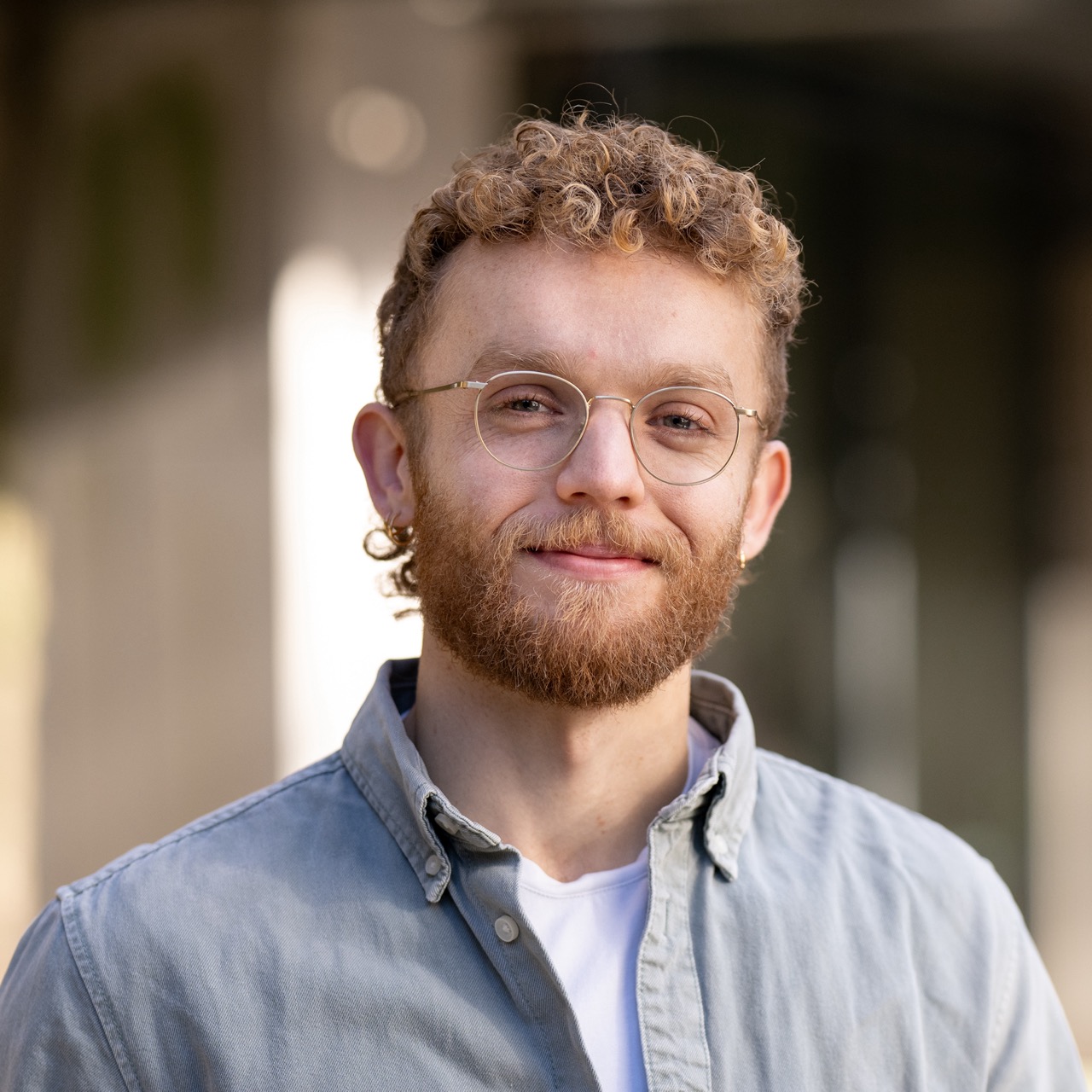Hunter Wade York
About Me
I am a scholar of work and a sixth-year PhD student at Princeton University in the Department of Sociology and the Office of Population Research. My research interests revolve around social stratification, work, and organizations, with a focus on how institutional structures, like firms, educational systems, and labor markets, shape inequality and mobility across the life course. I will be on the academic job market in fall of this year (2025). Prior to Princeton, I received an MPH in Global Health from the University of Washington and an AB in Human Evolutionary Biology and Music from Harvard. Though my academic trajectory has taken many turns, I like to think that is part of my chops as a sociologist.
Outside of work, I'm passionate about singing choral and opera works, running, and I've been dabbling recently in film photography and darkroom developing. I'm also a fan of the natural world; I love plant, insect, and bird IDing in my free time.
Published Works (Sociology & Education)
York, Hunter, Xi Song, & Yu Xie. (2025, January). Gradationalism Revisited: Intergenerational Occupational Mobility Along Axes of Occupational Characteristics. American Journal of Sociology. http://dx.doi.org/10.1086/733122
Friedman, J., York, H., Mokdad, A.H., & Gakidou, E. (2021, January). U.S. Children “Learning Online” during COVID-19 without the Internet or a Computer: Visualizing the Gradient by Race/Ethnicity and Parental Educational Attainment. Socius, 7:2378023121992607. http://dx.doi.org/10.1177/2378023121992607
Works Under Review
- Climbing the Ladder or Falling Behind? Gender and Race Diversity in Work Teams and Its Influence on Career Trajectories in the Federal Workforce (Under Review): In the second chapter of my dissertation, I use a novel dataset of federal worker human resource records combined with information on team composition to determine the effect of the demographics of one's peers on promotion outcomes.
- Degrees of Inequality: Horizontal Stratification by Educational Institutions and Fields of Study in the 21st Century (Under Review): This paper examines how horizontal stratification, differences in earnings by institution, field of study, and their intersections (“credentials”), has evolved among U.S. bachelor’s degree recipients since 2001. Using linked data on graduates’ credentials, earnings, and industry destinations, I show that field of study explains more earnings variation than institutional affiliation, and its import is growing. This is driven largely by stable linkages between fields and high-wage industries, coupled with industry-level wage stratification. The findings suggest that as labor market rewards concentrate in specific sectors, credential-based pathways increasingly structure early-career inequality.
Works in Progress
- Occupational Aspirations, Expectations, and Achievement Through Childhood and Early Adulthood: In my final chapter, I look at how individual's occupational and educational aspirations change throughout childhood and early adulthood, which then get mapped onto realized adult occupational attainment. In doing so, I theorize how children adjust expectations and aspirations in accordance with realized outcomes.
Published Works (Education & Public Health)
Balaj, M., York, H., Sripada, K., Besnier, E., Vonen, H.D., Aravkin, A., Friedman, J., et al. (2021, August). Parental education and inequalities in child mortality: a global systematic review and meta-analysis. The Lancet, 398(10300):608–620. http://dx.doi.org/10.1016/S0140-6736(21)00534-1
Friedman, J., York, H., Graetz, N., Woyczynski, L., Whisnant, J., Hay, S.I., & Gakidou, E. (2020, April). Measuring and Forecasting Progress towards the Education-Related SDG Targets. Nature, 580(7805):636–639. http://dx.doi.org/10.1038/s41586-020-2198-8
Foreman, K.J., Marquez, N., Dolgert, A., Fukutaki, K., Fullman, N., McGaughey, M., Pletcher, M.A., et al. (2018, November). Forecasting Life Expectancy, Years of Life Lost, and All-Cause and Cause-Specific Mortality for 250 Causes of Death: Reference and Alternative Scenarios for 2016–40 for 195 Countries and Territories. The Lancet, 392(10159):2052–2090. http://dx.doi.org/10.1016/S0140-6736(18)31694-5
Lim, S.S., Updike, R.L., Kaldjian, A.S., Barber, R.M., Cowling, K., York, H., Friedman, J., et al. (2018, October). Measuring Human Capital: A Systematic Analysis of 195 Countries and Territories, 1990–2016. The Lancet, 392(10154):1217–1234. http://dx.doi.org/10.1016/S0140-6736(18)31941-X
Mehr, S.A., Singh, M., York, H., Glowacki, L., & Krasnow, M.M. (2018, February). Form and Function in Human Song. Current Biology, 28(3):356–368.e5. http://dx.doi.org/10.1016/j.cub.2017.12.042
